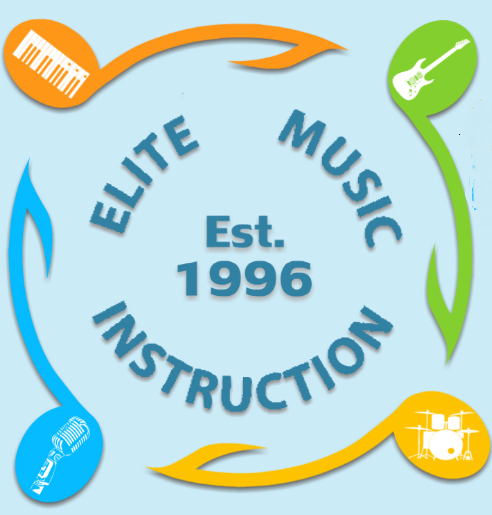Not all of us were lucky enough to have music lessons as children. However, you will be pleased to know that it’s never too late to take up a new hobby! Many of us were too busy working to support a family or raising our children, and only as older adults or in retirement, we find the time and resources to pick up a musical instrument. It’s important to engage in activities we enjoy and challenge us in order to stay mentally, physically and socially healthy. Learning how to play an instrument might just be the perfect hobby.
Learning how to play a musical instrument has many positive effects on our brain. Countless studies show that studying music improves our memory and reasoning abilities. Improvements in social skills, motor skills, discipline and self esteem also seem to result from learning how to play a musical instrument. Learning music also spills over into other subjects, and children who study music do better in reading and math. Even though some of these studies suggest that these benefits are greatest when we study as children, benefits are found in people throughout all age ranges.
Finding an instrument to learn at any age will boost your brain and will give you an edge against developing dementia. By picking up a new instrument, you stand to improve not only your memory, motor skills, math skills, self esteem, but also your reaction times, coordination, and concentration.
Another effect of music, either playing it or listening to it, is relaxation. Relaxation will, in turn, lower blood pressure, heart rate and stress levels. Stress, as research shows, is very damaging to our health in many ways. It’s a win for both mind and body.
Below are some of the most popular instruments people pick up, even though all of them will have incredible effects on your brain and health, each offers some specific characteristics.
The piano could be easier to learn than let’s say guitar because you won’t have to hold it while trying to coordinate your brain, eyes and fingers. Pianos are beautiful and timeless. But they’re also big, so you’ll need considerable space to put it and pianos generally aren’t cheap.
Guitars offer plenty of options: electric, acoustic, bass...The spectrum of types of music and styles that guitars can cover is also very large, which will give you lots of room to experiment and choose. Guitars are also very portable, so it will be easy to take it with you anywhere. Guitars can also be very affordable.
Ukuleles are smaller than guitars and have four strings instead of six, which may make them slightly easier to learn. They are very portable and usually less expensive than guitars.
The harmonica is less common but it also has its unique characteristics. Learning how to play the harmonica will increase lung capacity and breath control, which could benefit people with respiratory issues. This could be said about all wind instruments. Playing wind instruments will also strengthen facial muscles and coordination, so it is sometimes recommended for stroke patients.
The harmonica is also very portable and affordable.
Learning how to play drums will not only give your brain a workout, it can give you a great physical and cardio workout as well. Playing drums can be a great stress reliever because you’ll be moving all four limbs and practically all your body, you can bang on those drums hard and get as loud as you want. Drums are also great to practice your math skills, you’ll have to count your beats and you’ll be working with fractions. The drawbacks can be space, you’ll need some room, lack of portability (even though you can “drum” on different surfaces if you’re creative), price, and of course sound level if your neighbors are too close.
Of course there are countless options (violin, voice, flute, cello, banjo), whatever instrument you pick, it should be what you feel drawn to. You should pick an instructor that will design a course with your interests in mind and move at your own pace, and most importantly you should be having fun. When buying an instrument, consider buying online, since usually you will find better prices. Your instructor can help you select the best quality instrument within your price range. He or she should also help you select the appropriate size and other characteristics that need to be considered.
While learning an instrument requires discipline and dedication, the rewards are more than worth it. With a combination of hard work and patience, you will see a boost to your confidence and a wonderful sense of achievement. Plus you will be doing wonders to your brain and health in general. Enjoy the journey.

